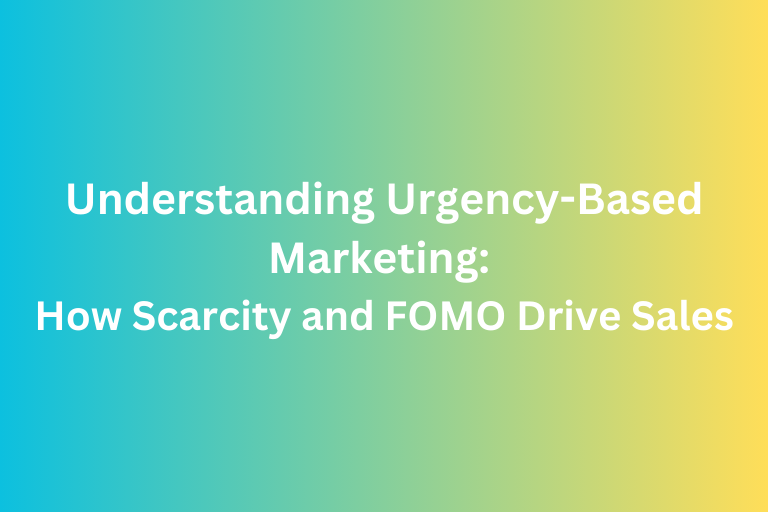A well-crafted marketing plan is essential for driving business growth and achieving strategic objectives. It serves as a roadmap, outlining your marketing strategies, tactics, and goals. This article will guide you through the key components of developing a marketing plan, ensuring that you create a comprehensive and actionable strategy.
1. Understanding Your Market
Market Analysis
Begin by conducting a thorough analysis of your market. This involves researching industry trends, market dynamics, and competitive landscape. Understanding these elements helps you identify opportunities and threats, enabling you to position your business effectively.
Target Market Identification
Identify your target market by segmenting the audience based on demographics, psychographics, and behavior. This allows you to tailor your marketing efforts to meet the specific needs and preferences of your ideal customers.
2. Defining Your Objectives
Setting SMART Goals
Establish clear, measurable objectives using the SMART criteria (Specific, Measurable, Achievable, Relevant, Time-bound). For example, a SMART goal might be "Increase website traffic by 25% over the next six months."
Aligning Objectives with Business Goals
Ensure that your marketing objectives align with your overall business goals. This alignment helps in creating a cohesive strategy that supports broader organizational aims.
3. Developing Your Marketing Strategy
Unique Selling Proposition (USP)
Define your Unique Selling Proposition (USP), which is the distinctive value your product or service offers compared to competitors. Your USP should highlight what sets you apart and why customers should choose you.
Positioning
Determine how you want your brand to be perceived in the market. Effective positioning involves crafting a message that resonates with your target audience and differentiates you from competitors.
Marketing Mix (4Ps)
Plan your marketing mix, which includes:
● Product: What are you offering? Describe the features, benefits, and quality of your product or service.
● Price: What is your pricing strategy? Consider how your pricing aligns with your market position and target audience.
● Place: Where will your product or service be available? Outline your distribution channels and locations.
● Promotion: How will you communicate with your audience? Develop promotional tactics including advertising, public relations, and digital marketing.
4. Creating a Budget
Budget Allocation
Develop a budget that outlines how much you will spend on each marketing activity. Allocate funds based on the expected return on investment and the importance of each component of your strategy.
Cost Management
Monitor and manage your marketing expenses to ensure that you stay within budget. Adjust allocations as needed based on performance and changing priorities.
5. Implementing Your Plan
Action Plan
Create a detailed action plan that specifies the tasks, timelines, and responsibilities for executing your marketing strategies. Ensure that each team member knows their role and deadlines.
Resource Management
Allocate the necessary resources, including personnel, tools, and technology, to support the implementation of your plan. Efficient resource management is key to executing your strategies effectively.
6. Monitoring and Evaluation
Performance Metrics
Define key performance indicators (KPIs) to measure the effectiveness of your marketing activities. Common KPIs include website traffic, lead generation, sales conversions, and customer engagement.
Regular Reviews
Conduct regular reviews of your marketing plan to assess progress and make adjustments as needed. Analyze performance data, gather feedback, and refine your strategies based on insights.
Adaptation
Be prepared to adapt your marketing plan in response to market changes, new opportunities, or unforeseen challenges. Flexibility ensures that your plan remains relevant and effective.
Taking Action for Optimal Outcomes
Developing a marketing plan involves a comprehensive approach, from understanding your market and setting objectives to implementing strategies and monitoring performance. By following these key components, you can create a robust plan that drives your business forward.
At FoxAdvert, we specialize in crafting data-driven marketing strategies tailored to your business needs. Our services include digital marketing solutions such as paid search ads, SEO, and paid social ads, as well as app marketing strategies like app store optimization, Apple Search Ads, and Google UAC ads. Our expert team is here to help you develop and execute a marketing plan that achieves your goals.
Ready to build a winning marketing plan? Contact FoxAdvert today for a free consultation or schedule an online meeting to explore how we can support your marketing efforts and drive your business success.











